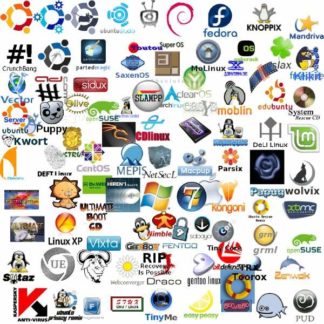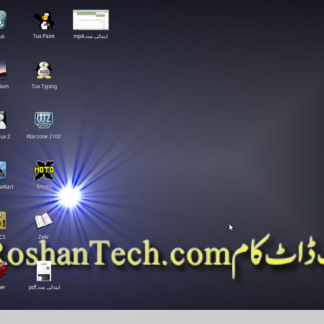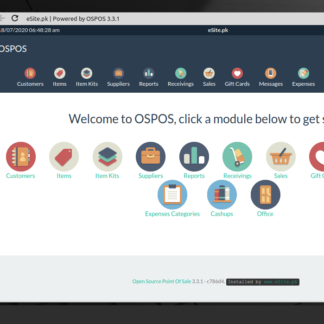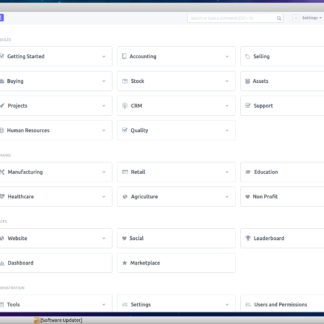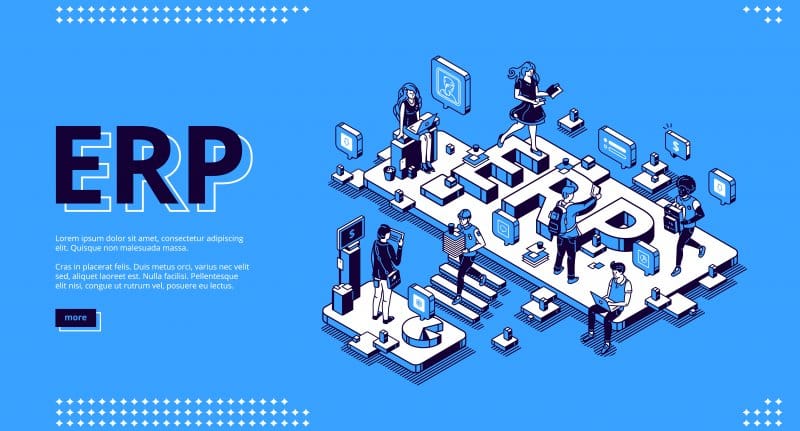
What is an ERP?
Before knowing about What is the primary goal of an ERP system? You should know about What is ERP?
Enterprise resource planning (ERP) systems are information management systems that coordinate and computerize huge numbers of the strategic policies related with the operational or beneficial parts of an organization.
They are portrayed by being made out of various parts coordinated in a single application. These parts are of various use, for instance: production, sales, buys, coordination’s, accounting (of various types), ), project management , stock and distribution center control, orders, finance, and so on.
What is the primary goal of an erp system?
The target of an ERP software is to support the organization’s customers, give answers to their issues in record time. as well as efficient information management that compromises decision-making and reduces costs.
These systems work in a wide range of organizations and their differentiation relies upon components, for example, the size of the organization, the type of organization, cycles, and assets.
Objectives of ERP
- Optimization of business processes.
- Access to information.
- Ability to share information among all members of the organization.
- Data suppression and unnecessary reengineering operations.
What companies require an ERP system?
It is ideal for all types of companies, both multinationals and SMEs. Also, in appreciation to the different customizable patterns, any company, unassumingly the different processes it has or the part to which it belongs, can customize its own ERP.
There are providers that are dedicated to the implementation of certain ERPs, either by product or part, achieving better results after the acquisition of the ERP.
Implementation
An ERP software system is established in some of the largest and most complex software products in the industry. When operating such systems in a company, the usual methodology used to include a group of analysts, programmers and users.
This being the scheme that was used, at least until the momentum of the Internet. This allows the consultants to have direction to the computers of the company in order to be able to locate the updated and standardized data of implementation of the ERP, without help from an expert.
The remarkable characteristics of ERP Systems are:
- Centralized database.
- ERP components interact with each other, consolidating all operations.
- In an ERP system, data is entered only once and must be consistent, complete and common.
- The companies that implement it usually have to modify some of their processes to align them with those of the ERP system. This process is known as Process Reengineering, although it is not always necessary.
- Although the ERP may have modular menus configurable according to the roles of each user, it is a whole. That is: it is a single program (with a multiplicity of libraries, yes) with access to a centralized database. We should not confuse at this point the definition of an ERP with that of a management suite or comprehensive systems.
- The current trend is to offer specialized applications for certain companies. This is what is called sector applications or vertical systems especially indicated or prepared for certain business processes in a sector (the most used).
Advantages of implementing an ERP in a company
Integration into a single platform or application
With an ERP, a company can have all its processes or files in the same system, so that it can access them at the same time and from the same place.
Automation of processes in the company
With a good ERP many processes can be managed automatically. For example, the purchase of products once their reserves are dwindling, the shipment of some orders that maintain a certain stability, etc. Anything that involves a pattern of behavior can be programmed to relieve employees of this burden.
Real-time company information
Decision-making will always be governed by the information that is available at all times. An ERP can show the real-time information of the company, so that the possibilities of action can be considered and which of the different options is the most successful.
The platform fits the business
Whatever a business, an ERP can be adapted to its operation and development. The data can be dumped into the program with ease. Therefore, it can be used by any type of company.
Cost reduction
Not only are many work times optimized, but quite a few tasks that are usually performed also disappear. In addition, it is a very efficient aid for saving, since you can have a more or less global vision of the general operation of the company.
Better quality of analysis
Precisely because of its integrating nature, you can see the complete information of each detail or element of the company. And, therefore, have a more accurate and complete vision.
Disadvantages of implementing an ERP in a company
Initial cost
It is an efficient program and, as such, it is essential to make a considerable outlay of money at first.
Preparation of workers
Everyone in the company, in one way or another, will end up having some kind of contact with the ERP. This forces all of them to be trained in the correct way to be able to use it. It can lead to production delays.
Adaptation time
Finally, the most obvious and, at the same time, the longest drawback. And it is that although the personnel of a company knows how to use the ERP, it is also necessary that they adapt to use it in the correct way.
That is to say: get into the habit of entering data, checking that everything is in order and, ultimately, integrating it into your daily tasks. So that, in this way, it can work in the company.
At the same time, ERPs offer the meeting with BI or Business Intelligence solutions , approving to make reports on the state of your company clearly with the data of the ERP system.
This invites a specific and updated level of knowledge of the state of the company that is unfailing when studying and improving central processes such as marketing and sales, the organization or other key aspects of a company.
In any case, the drawbacks mainly rest during that first month or two of adaptation. Once that natural learning curve is overcome, a company could begin to enjoy all the benefits that have been discussed above and that they can contribute so much.
Conclusion
In conclusion, these are the advantages and disadvantages of an ERP system. It can be seen perfectly that the advantages outweigh the disadvantages. So, now you know what is the primary goal of an erp system? Also you know about pros and cons of ERP system. Visit the link and overview the ERP System.
